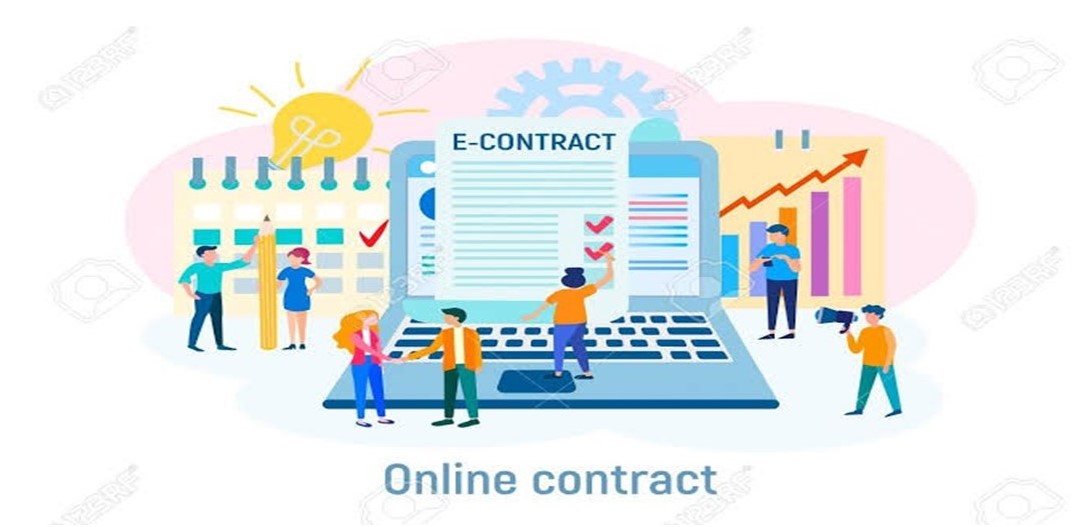Every business involves financial transactions and commitments, which are determined by the clauses of the contract. A contract protects both parties in case of wilful or unforeseen defaults. The contract details include the names and addresses of both parties, the nature of the contract, the time allotted to fulfill the expectations laid out in the clauses, and the possible penalty one has to pay in case the other party is unable to complete the contract. The terms of the contract are usually drafted by legal counsel, and it is advisable to get it verified by a lawyer before signing. eContracting is becoming increasingly popular with technology advancements taking center stage.

EContracts offers a digital alternative to traditional contracts, providing easy accessibility, security, legal compliance, and environmental friendliness. When entering into a lease agreement, for example, you no longer need to scan, print, or run around to various offices. Instead, you can use digital tools like electronic signature and eContract. By doing so, you can save a significant amount of paper and contribute to preserving the environment. In addition, eContracts are less prone to errors and can help speed up the process of signing contracts.
Many organizations, such as banks and hiring agencies, have opted for eContracts to handle their contracts. This approach enables them to conduct meetings online and close deals digitally. Digitization has removed geographical barriers, allowing businesses to expand beyond their borders without incurring expensive travel costs.
Benefits of eContracts
With the advancement in technology, it has become a requirement for technically advanced companies to not only conduct virtual meetings but also close deals like mortgage closings or business agreements electronically. Let us check the advantages offered by eContracts:
- Smart & Efficient
Electronic contracts, or e-contracts, provide numerous advantages in this regard. They are smart and efficient, utilizing various AI tools like optical character recognition to capture publicly available data about the contracting parties. Only the personal details from admissible IDs are taken into consideration while filling out the forms of the contract, which eliminates information gaps and ensures that everything is current. The deal is sealed using electronic signatures, thereby eliminating time-consuming activities like printing and mailing documents.
- Better Security
Paper-based contracts are vulnerable to wear and tear over time, and can also be easily tampered with. In contrast, digital contracts are protected by layers of encryption, making them secure against theft and cyber attacks. Electronic signatures can be verified using a public key, and once the contract is signed, it can be stored securely in an electronic vault. This ensures that no one can tamper with it.
- Save Time With Easy Access
Gone are the days when you had to travel the world to finalize a deal. With electronic contracts, you can now save time and money. The platforms for e-signatures and e-contracts are device-friendly and accessible from any part of the globe.
Conclusion:
When technology can simplify operations without errors and be legally admissible, one should take the chance to incorporate these features and experience the benefits themselves.
